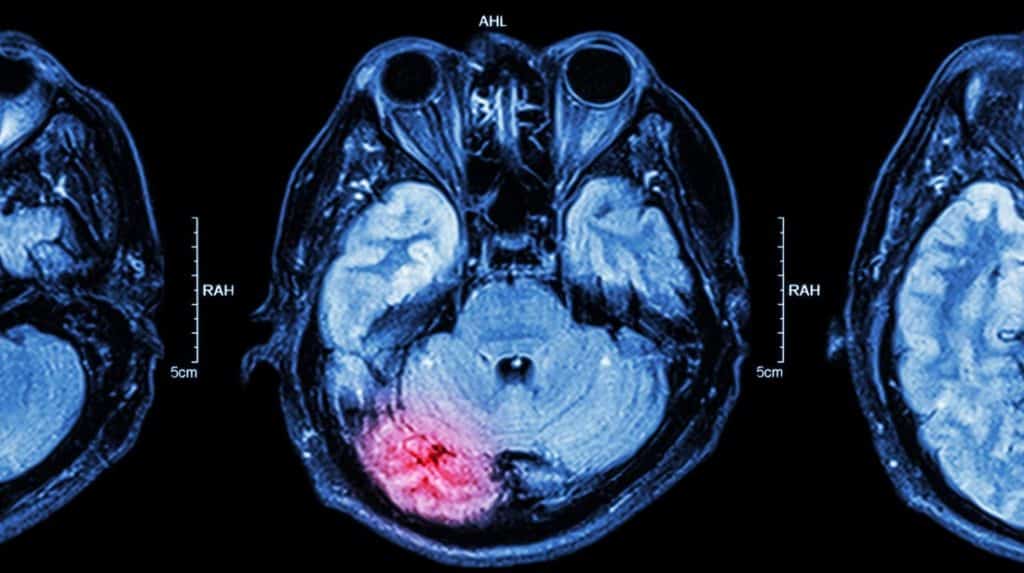The global pandemic has resulted in a significant increase in medical research for obvious reasons. The novel coronavirus has encouraged spending on research regarding infectious diseases, lung problems, heart and vascular damage, and more. There are so many potential complications caused by this disease that most medical fields are seeing at least some increase in research.
This includes fields that are not necessarily obvious at first glance. For example, the novel coronavirus has encouraged an increase in research into brain injuries. Why? Because infection with COVID-19 is correlated with an increased risk of strokes and encephalitis. These conditions can cause severe and long-term brain injuries. Any type of brain injury can be deadly or debilitating, and the other aspects of the disease only increase the potential complications.
The pandemic is still a relatively recent phenomenon, but it’s already becoming clear that these neurological symptoms of the disease do not simply disappear. People who experience these problems are likely to be at risk for further brain injuries. There are about to be many more people who suffer from brain injuries, and hopefully, a correlating increase in brain injury awareness. Here’s a breakdown of just a few ways that a brain injury can impact your life.
What Qualifies As A Brain Injury?
A brain injury is just that: a wound that happens to your brain. The brain is just as vulnerable to injury as any other soft part of your body. However, because of the brain’s delicate, cell-level structures, a brain injury can be far more debilitating than many other types of injuries.
The problem is that brain injuries disrupt the delicate connections between neurons. These connections are how your brain cells communicate with each other, helping you to think and run your body. When these connections are disrupted, you may lose skills, your personality may change, or your body may no longer be able to function like it used to.
Brain injuries can occur in two main ways: through physical trauma or an illness. Any brain injury caused by trauma is called a traumatic brain injury, or TBI. Meanwhile, illness-caused brain injuries are considered acquired brain injuries, or ABIs.
Whether a brain injury is acquired by a disease or caused by a trauma, they both have similar characteristics. Any research into how the brain responds to injuries improves the state of knowledge for all brain injuries. If you have a brain injury, even if it comes from an accident and not an illness, the new research being done will likely benefit you and may help you recover.
How A Brain Injury Can Affect Your Life
Recovery from a brain injury is the hardest part of the process. Brain injuries can cause such pervasive health problems that healing can take years or may never occur. Because your brain is so deeply connected to who you are as a person and how your body functions, a brain injury can affect every part of your life.
Memory and Intellect
First and foremost, any kind of brain injury is likely to affect your memory. Many brain injuries disrupt your brain’s ability to make short-term memories for at least a little while. This is why people often don’t remember how they hit their head – their brain lost the ability to store the memory because of the accident.
This cognitive effect can have long-term effects as well. The ability to make and store memories may take time to return, and the ability to recall memories may be permanently affected. Other cognitive problems can include:
- Aphasia, or the loss of language
- Reasoning impairments
- Problems processing information
Personality
When your memories are affected, your personality is also likely to change. Many people who suffer from brain injuries are likely to experience personality changes, including:
- An increase in impulsivity
- A reduction in empathy
- Anger and irritability
- Anxiety
- Depression
- General social struggles
These personality changes can affect personal relationships. They can also make you seem less professional and may affect your employment. No one likes the idea that a superficial injury could affect who they are as a person, but with brain injuries, that may be what happens.
Hormonal Imbalances
Your brain contains a critical section known as the pituitary gland. This gland is responsible for making for many of your hormones, which help your body run effectively. A hormone imbalance caused by a brain injury can lead to fatigue, mood swings, vision problems, sexual dysfunction, hair loss, weight gain, and even diabetes.
Physical Coordination
Finally, in rare cases, a brain injury can permanently affect your physical coordination. Just as strokes can cause weakness or paralysis in one half of your body, any other type of brain injury can affect your control over your body as well.
Brain injuries can seriously affect your sense of balance, making it difficult to walk and remain upright. This puts many people who have severe previous brain injuries at a higher risk for future TBIs. People can also suffer tremors, weakness, paralysis, sensory impairment, or even develop epilepsy after a brain injury.
Brain Injury Recovery Takes Time
Brain injuries are no joke. They can lead to permanent, lifelong conditions, and even temporary brain problems can still significantly affect your life. Whether a brain injury occurs because of an illness or an injury, it is still a traumatic and life-changing event.
Every brain injury will take time to heal, and you deserve the time you need to rest and recover. No matter the cause of your brain injury, insurance funds may be required to cover your expenses during this time. If someone else’s action or inaction caused your brain injury, then you should reach out to a qualified personal injury lawyer. They will help you understand your options and navigate the legal system.
When working with insurance and the courts, an experienced attorney can make the process much simpler. If you have a brain injury, the last thing you should have to do represent yourself in court. Instead, a qualified attorney can help you win the time and money to get back to your old self.





